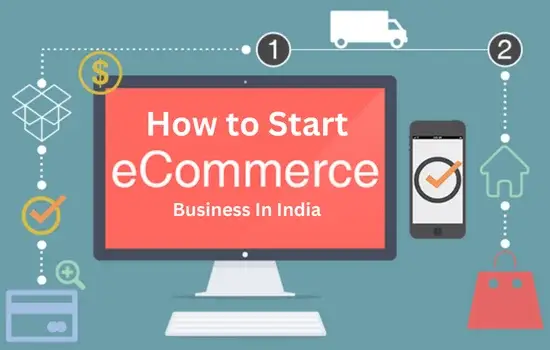Domestic Money Transfer in India means transferring money to IMPS bank accounts across the country 24/7. Money transfer entities enable their customers to transfer money from one bank account to another throughout the country. The process entails depositing money with the money transfer agent which is then sent to the recipient by the latter through NEFT or IMPS. The money transfer agent simply uses the bank details and mobile number of the beneficiary to carry out the transaction.
Digital infrastructure has grown by leaps and bounds in India which has resulted in a huge jump in digital money transfers. Thus, money transfer sector offers lucrative business opportunities because you would never be short on customers. Moreover, online services mean you are not required to shell out money on physical infrastructure such as office, furniture, personnel and others. Here are a few steps to set up a money transfer business in India.
1. Company Registration
The first step is getting your money transfer business registered with the Ministry of Corporate Affairs, Government of India. There are multiple categories of company registration such as public limited company, private limited company, sole proprietorship, one person company, limited liability partnership and partnership firm. It is necessary to determine the specific structure of your business prior to getting it registered as any of the above mentioned entities.
Registration with the MCA opens the door to get business loans from banks and financial institutions. In addition, you also get access to government benefits such as Startup India certification which provides tax benefits.
2. GST Registration
GST registration is mandatory for any business operating in India. Your business needs a GST number to submit taxes and claim input tax credit. GST registration also enables you to provide additional services to your clients such as generation of e-invoices and e-way bills.
3. Licensing
In order to transfer money legally, you need a license for the same from the Reserve Bank of India. There are multiple categories of money transfer licensing in India. These are affiliate, correspondent, correspondent/ISO, banking agent, authorised delegate and licensed. You are required to select your category in order to get a license for your domestic money transfer business.
4. Open a Current Bank Account
Your money transfer business needs a current bank account to receive and transfer money on a regular basis. A current bank account can be set up easily through both online and offline channels.
5. Choose a Remittance Software
Remittance software is an application which manages money transfers between senders and receivers, handles payments to various subsidiaries, tracks payments, generates reports and more. Selecting a highly efficient remittance software is necessary to setup a money transfer business.
The remittance software should be able to handle huge volumes of transactions and must be scalable to meet your dynamic requirements. It must be equipped with cutting edge technology. Security features such as fraud detection and anti-money laundering must also be incorporated into the software. Additional features such as bill payments and mobile money are also beneficial to enable you to expand your horizon beyond money transfers.
6. Understand the legalities
There are multiple rules and regulations governing money transfer businesses in India which are designed to prevent money laundering and other financial malpractices. Your money transfer business needs to comply with all the rules and regulations to the letter. To this end, you can consult regulators and attorneys in this field to clearly understand the legalities and ensure that your business operates within the legal framework.
7. Partnerships
In order to transfer money, you are required to collaborate or partner with banks and other financial institutions. This is necessary because money transfer is only possible when the banks and financial institutions authorise your business to act on their behalf. You need to establish seamless partnerships with banks and financial institutions prior to embarking on money transfer business.
8. Working Capital
Capital investment is required to get your money transfer business up and running. There are various expenses to cover such as setting up software, purchasing and installing IT hardware, registration and licensing, marketing your services and day-to-day expenses. Moreover, you may also require to deposit a minimal amount of money in a pre-paid wallet for performing the transactions for your clients.
You can raise the initial capital by taking a business loan or getting investors on board.















